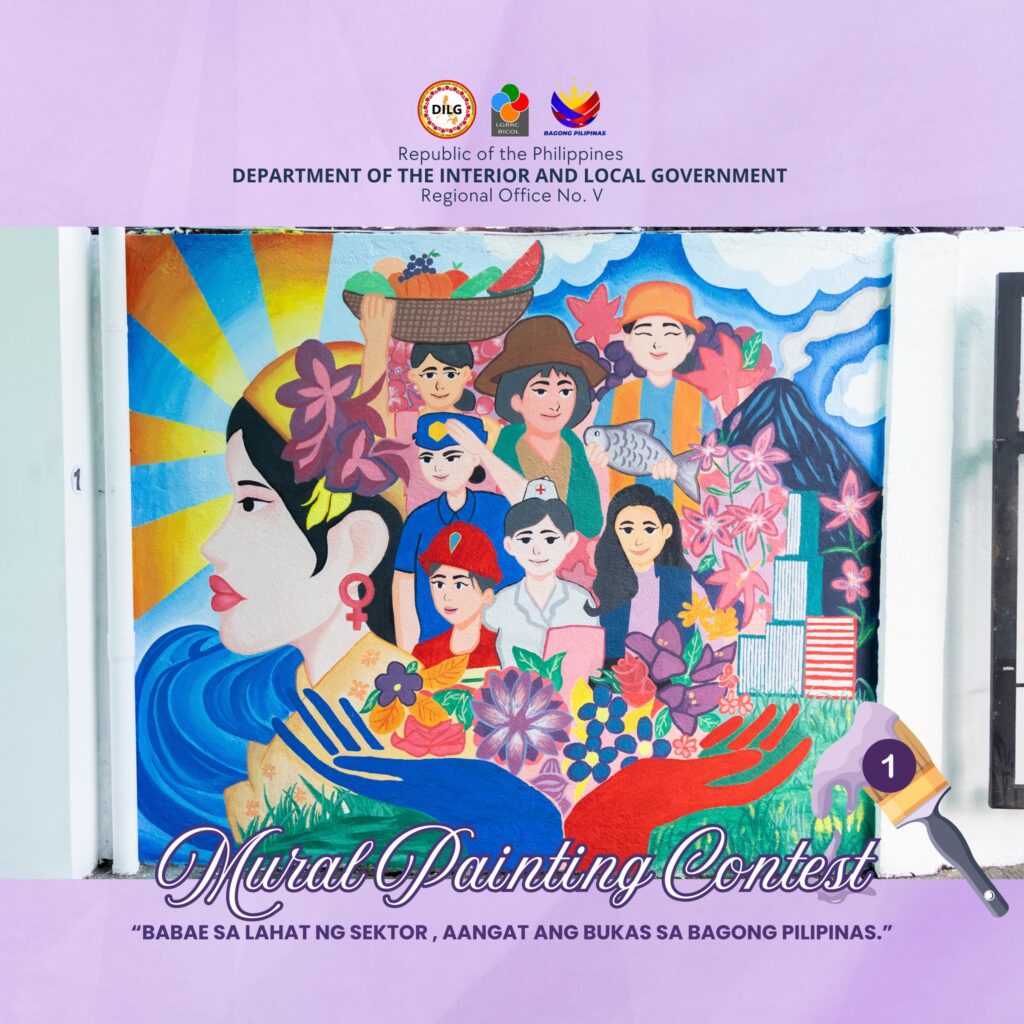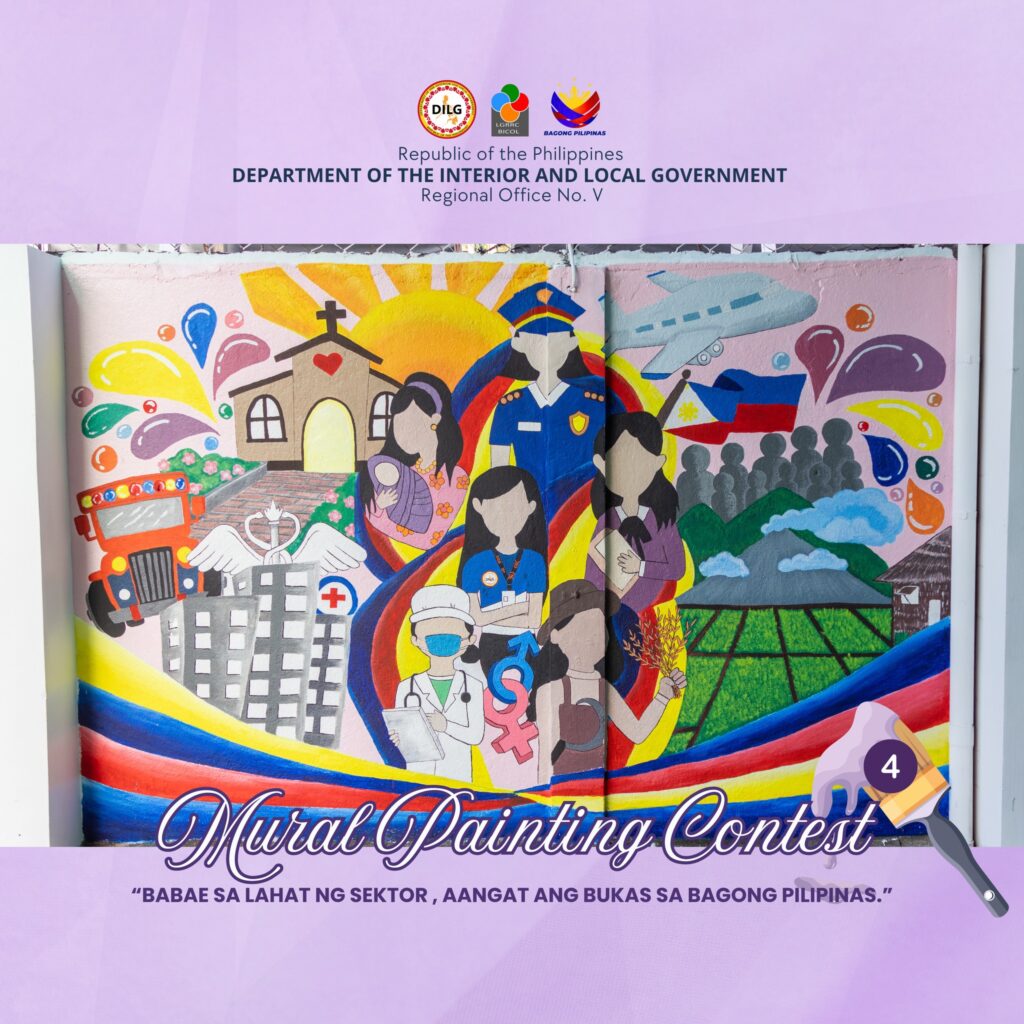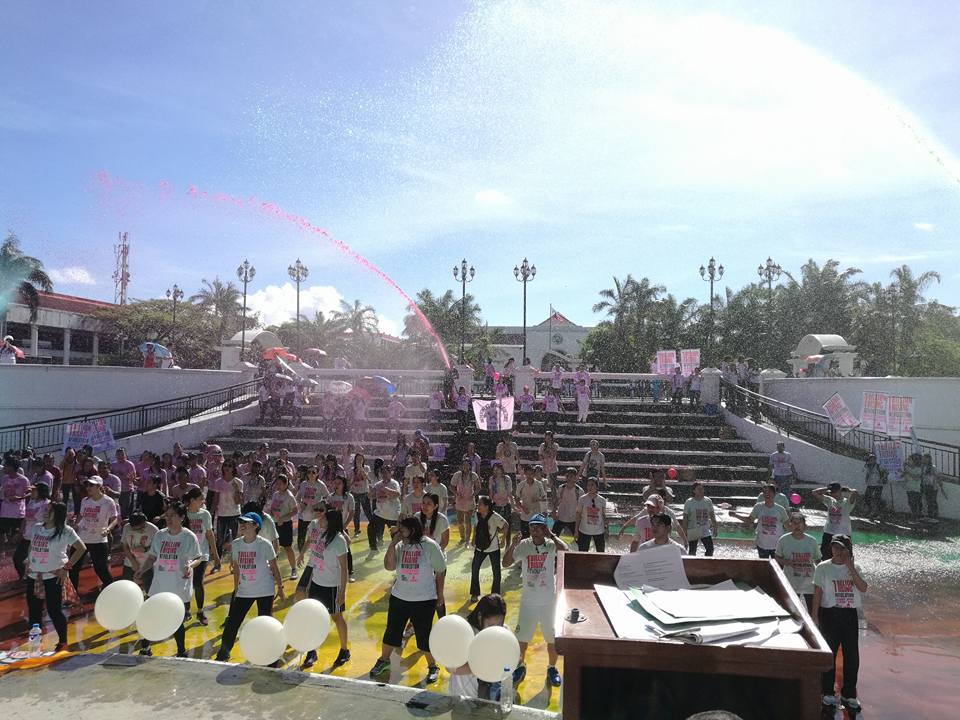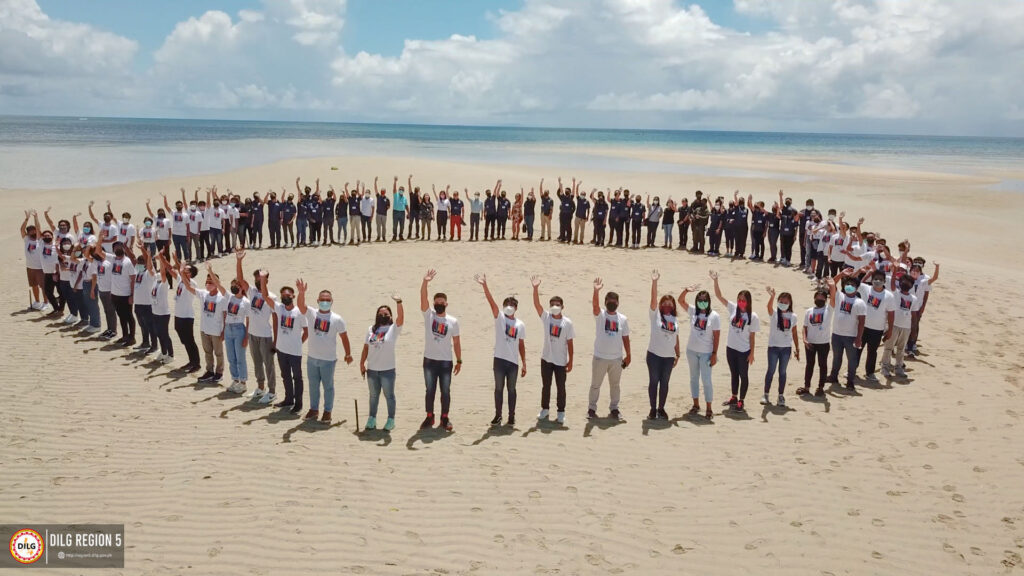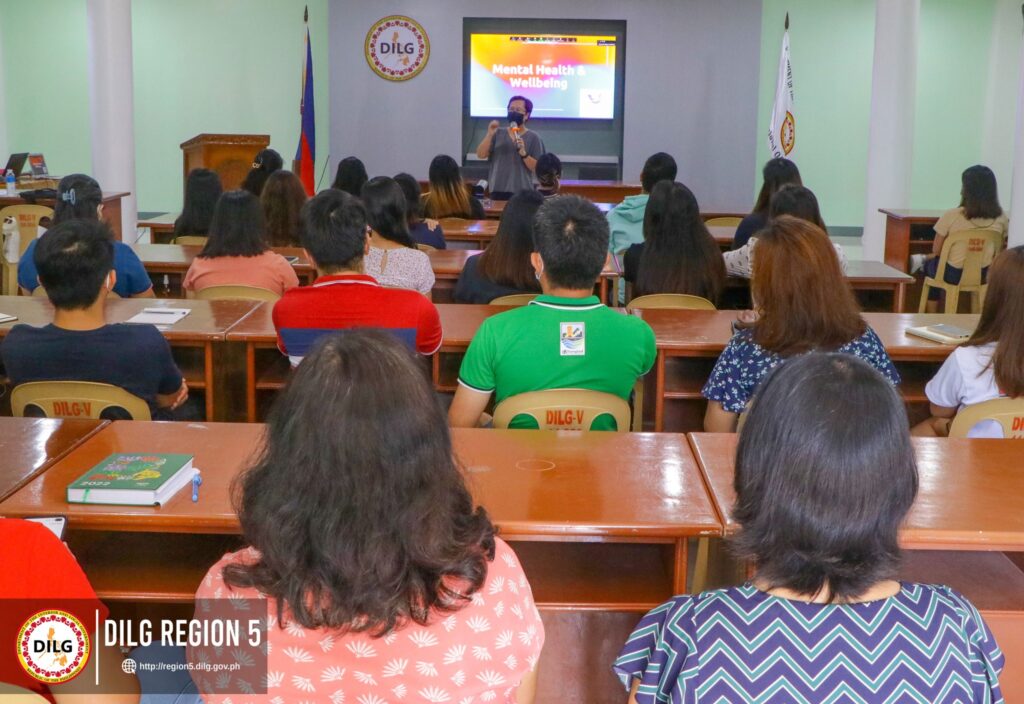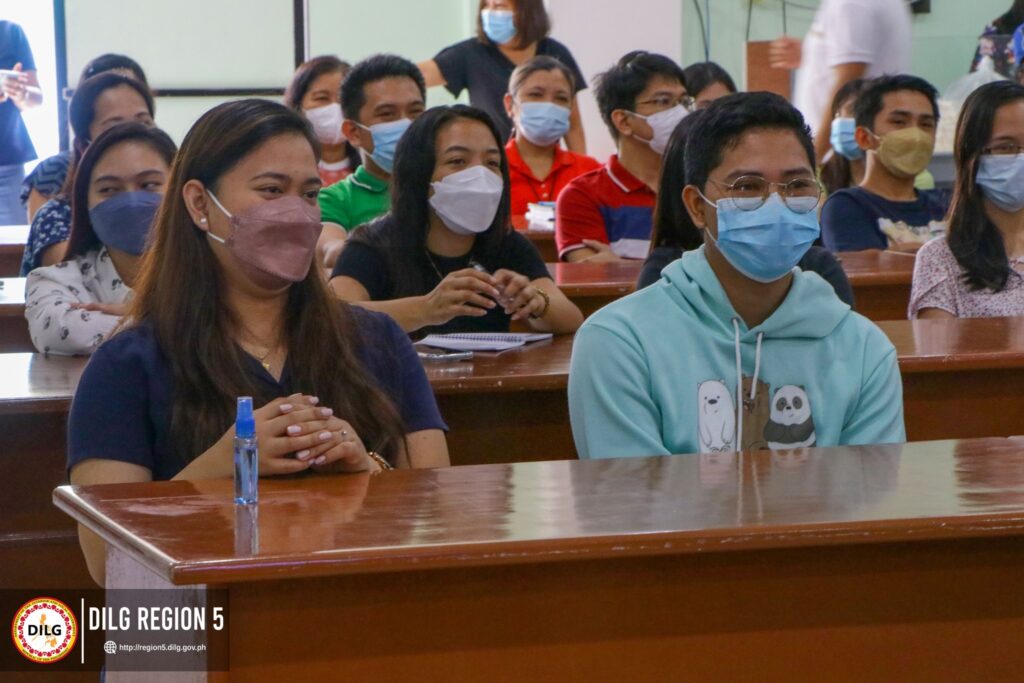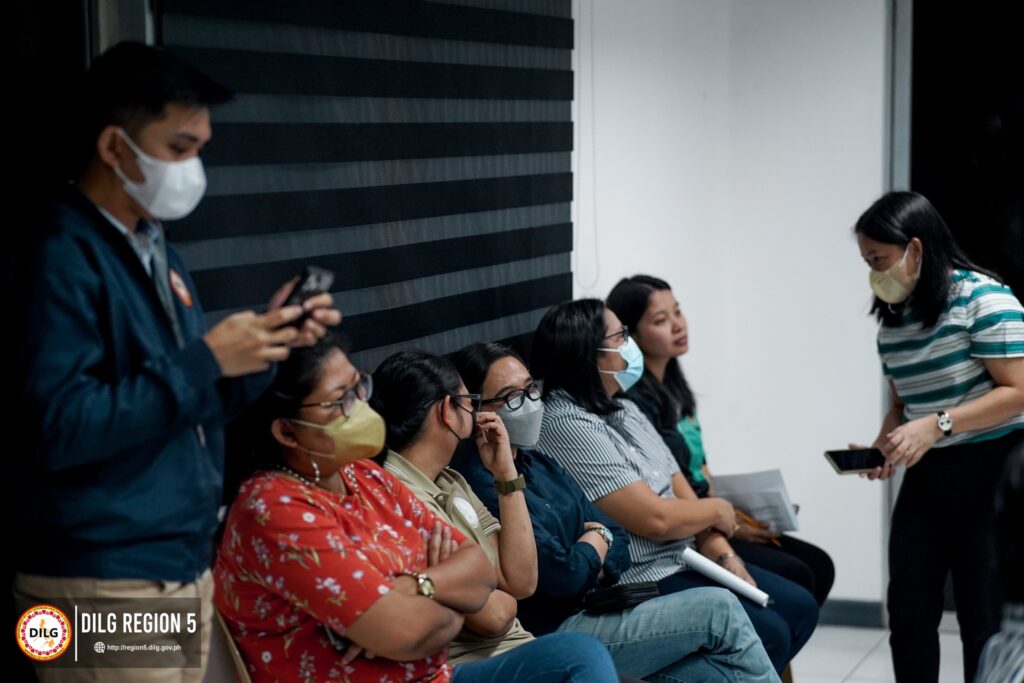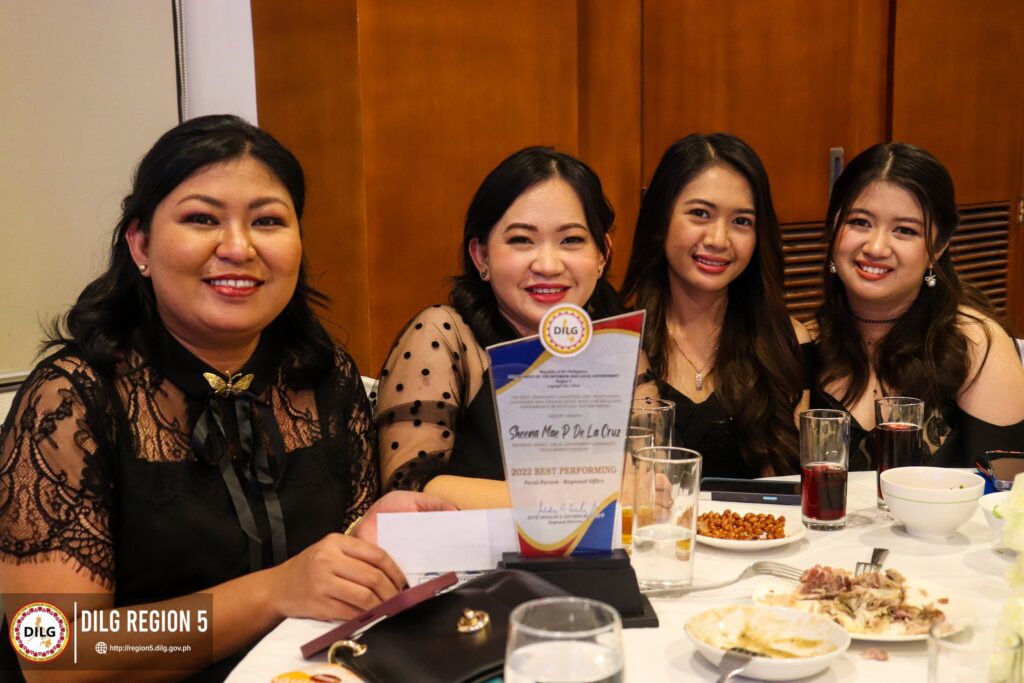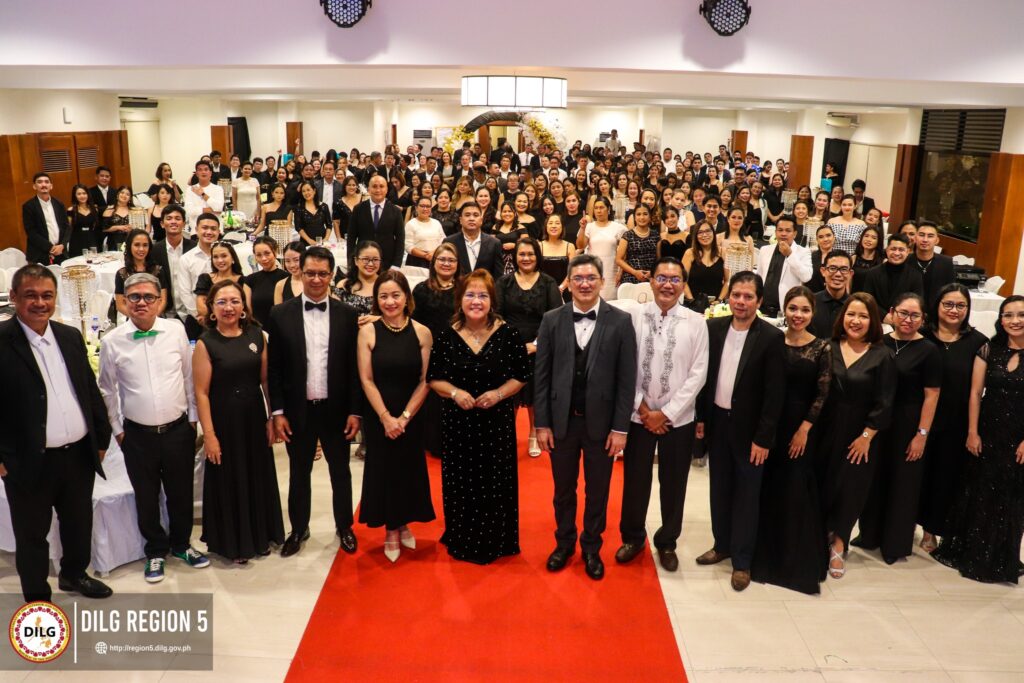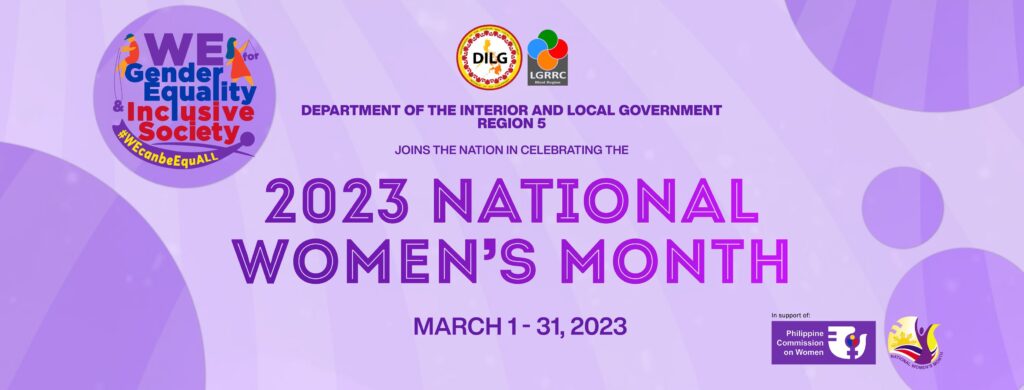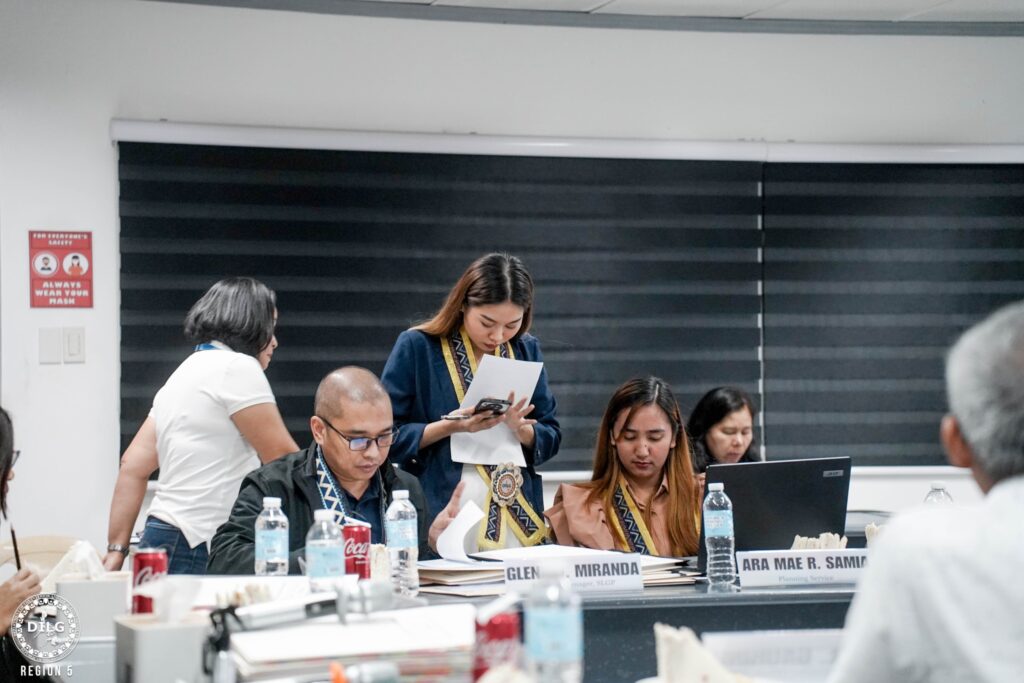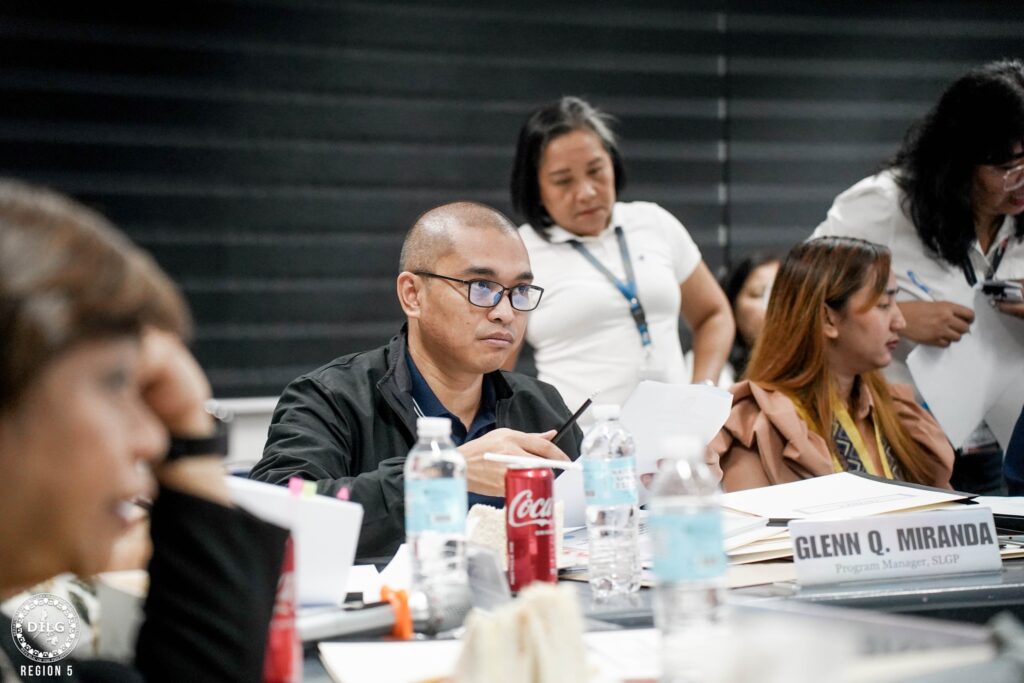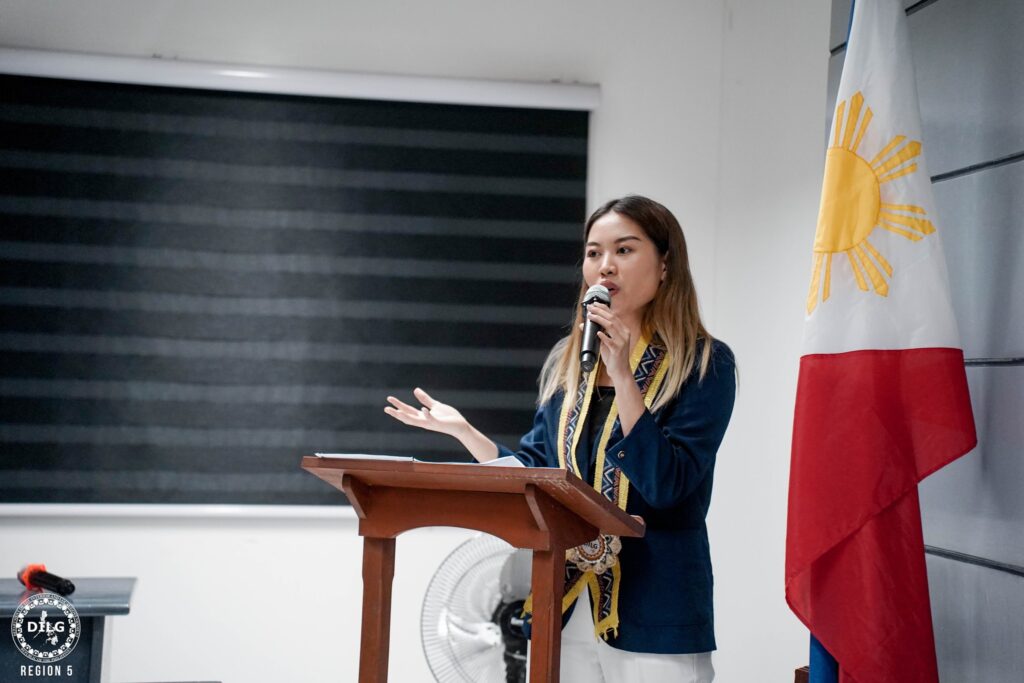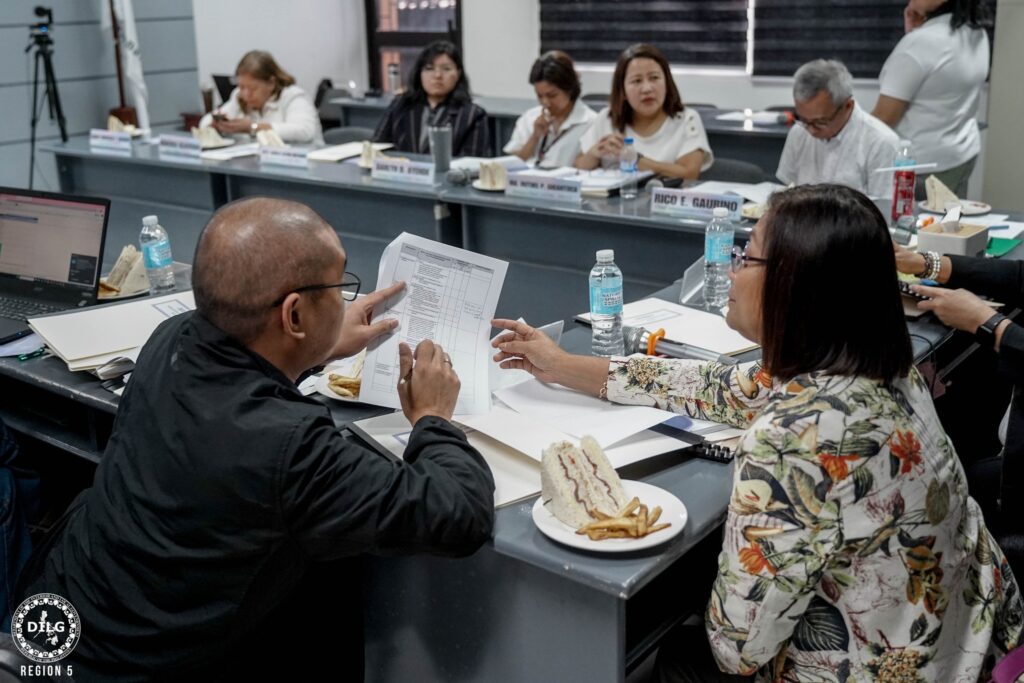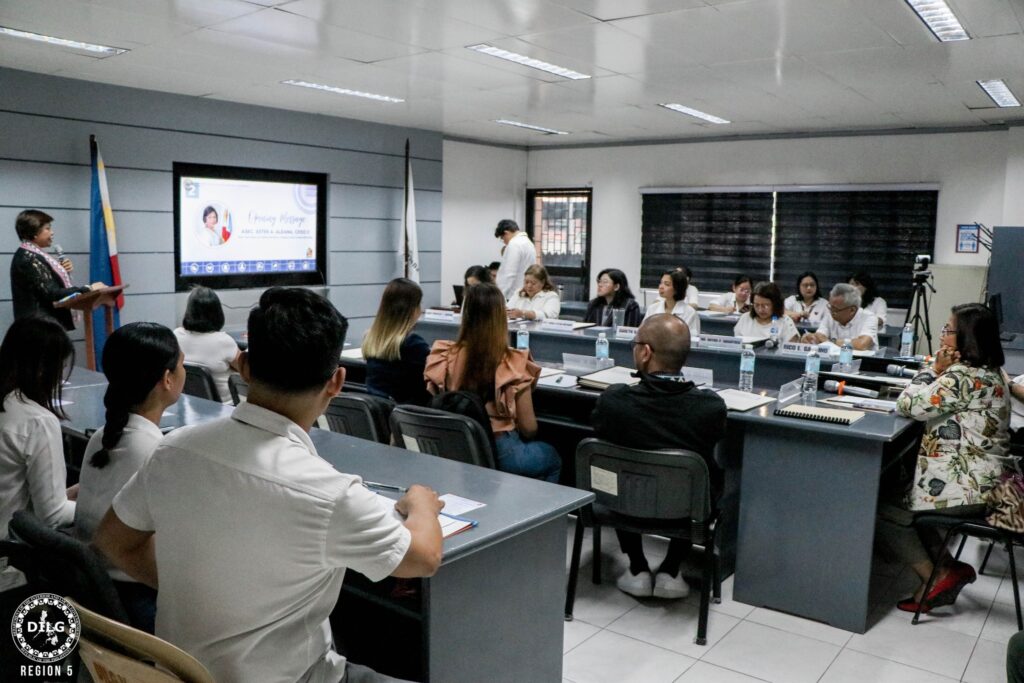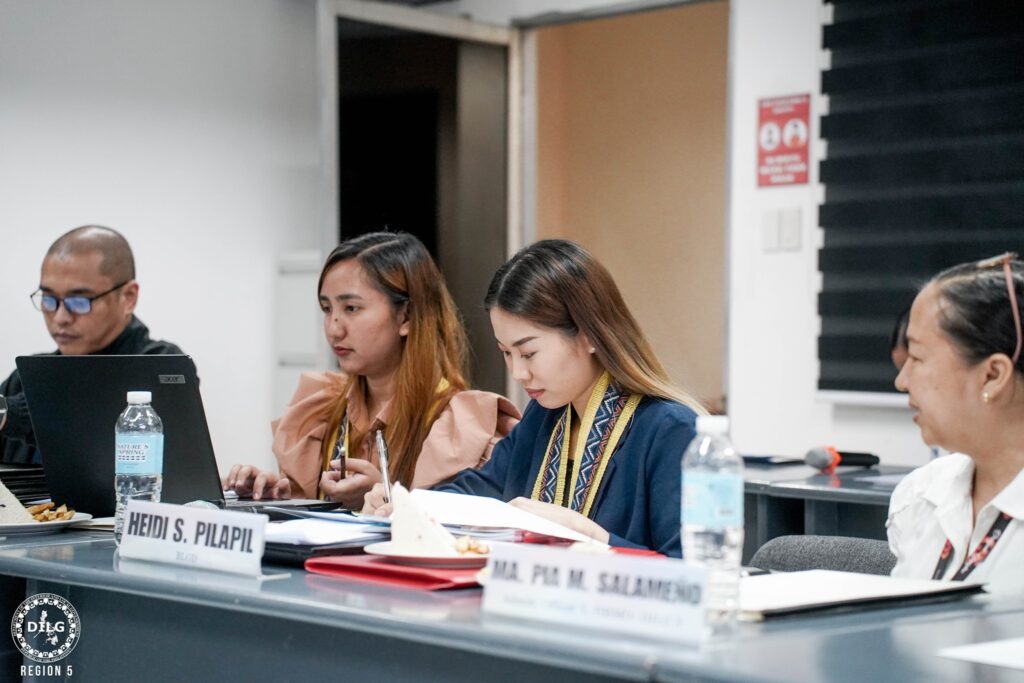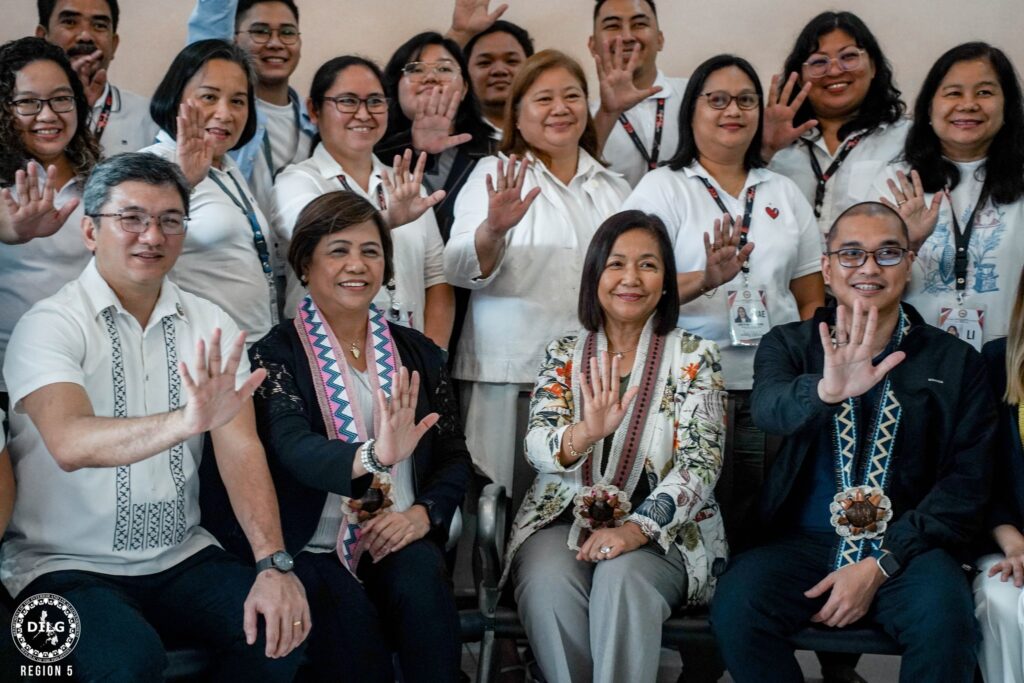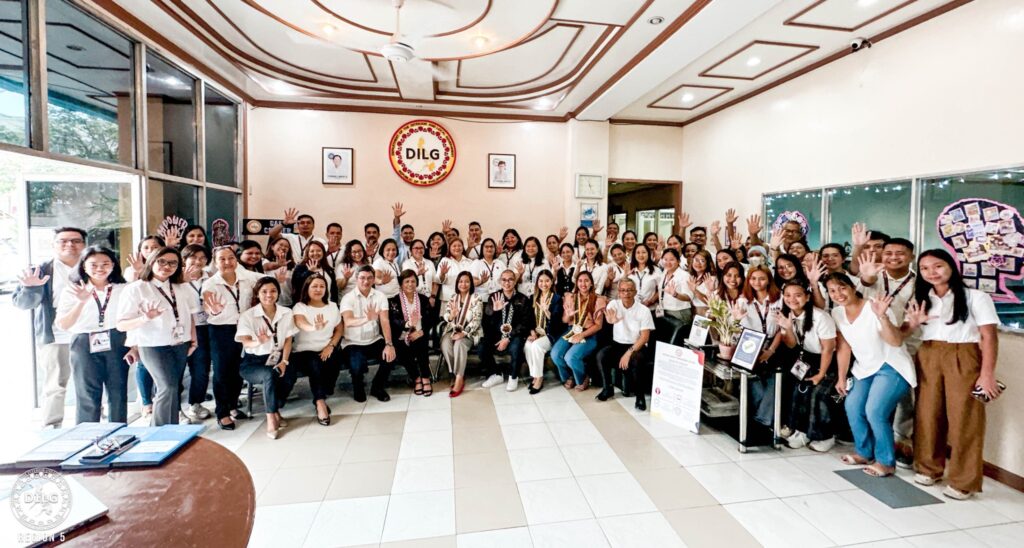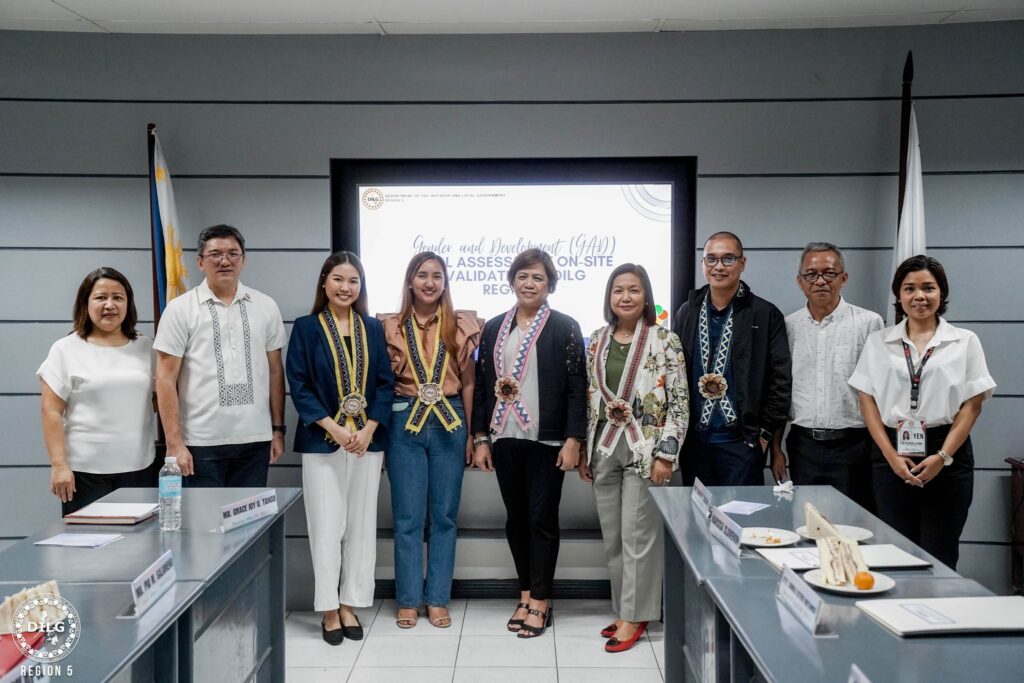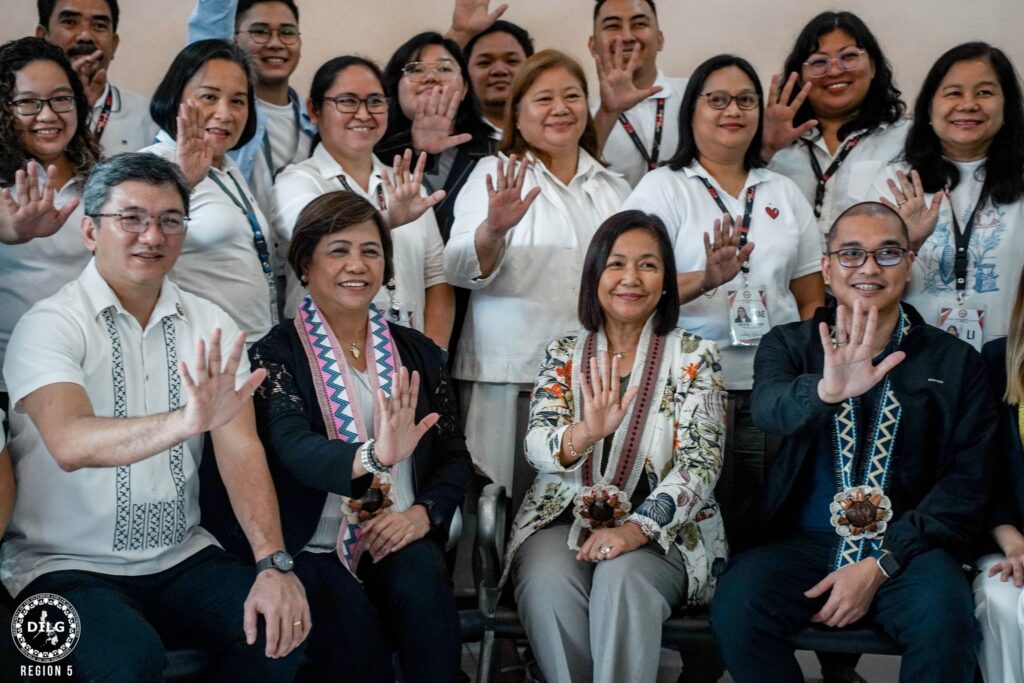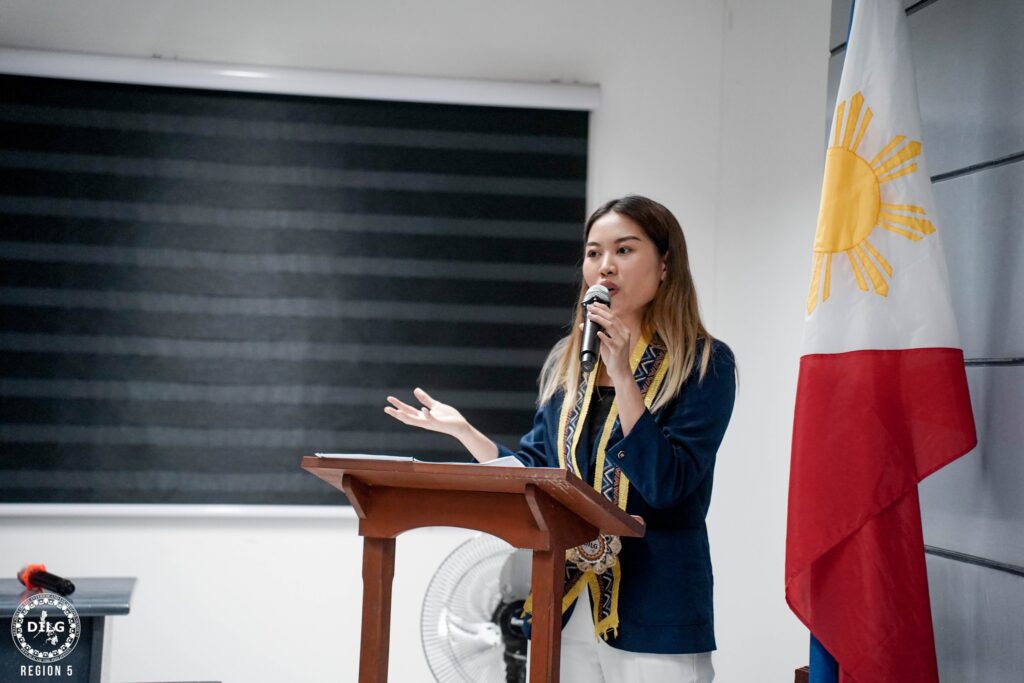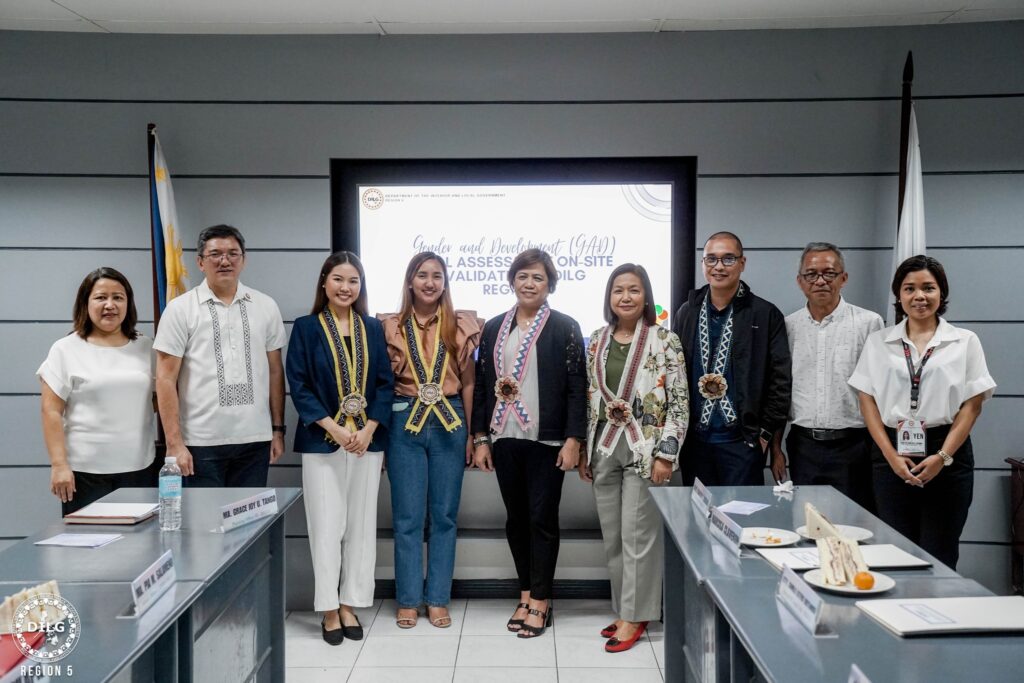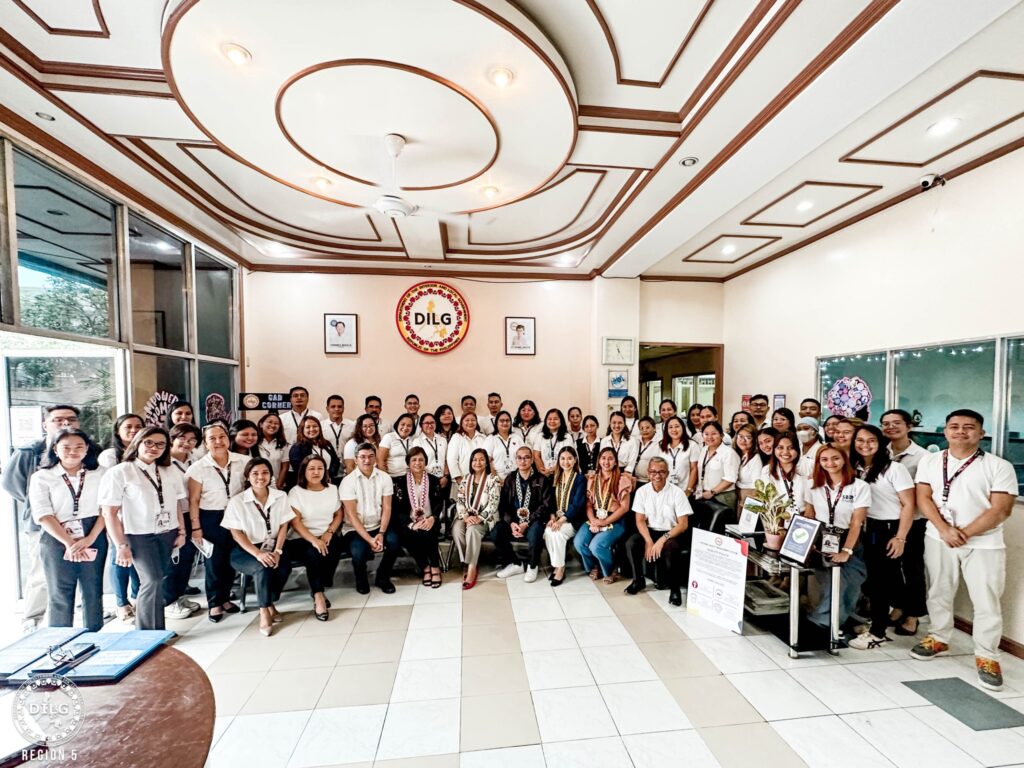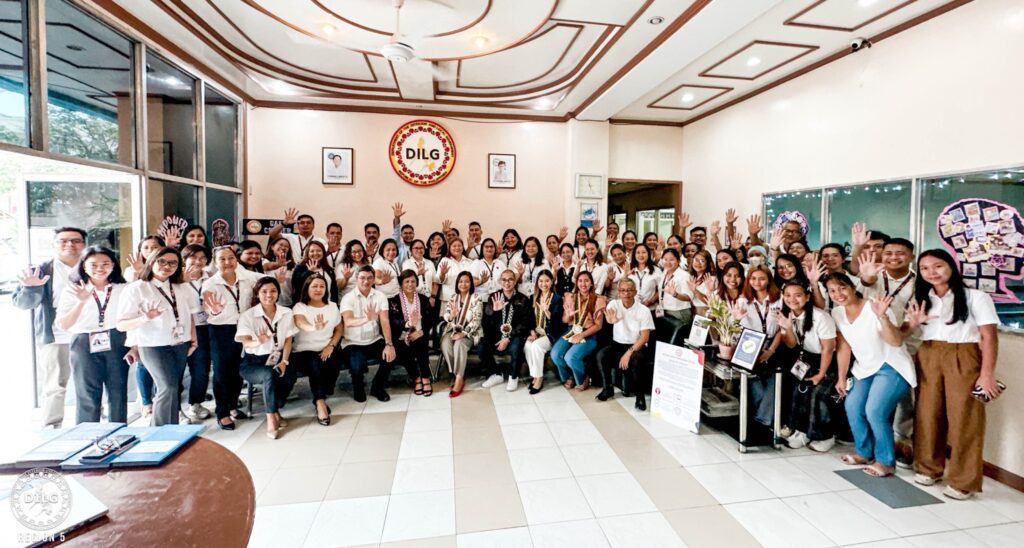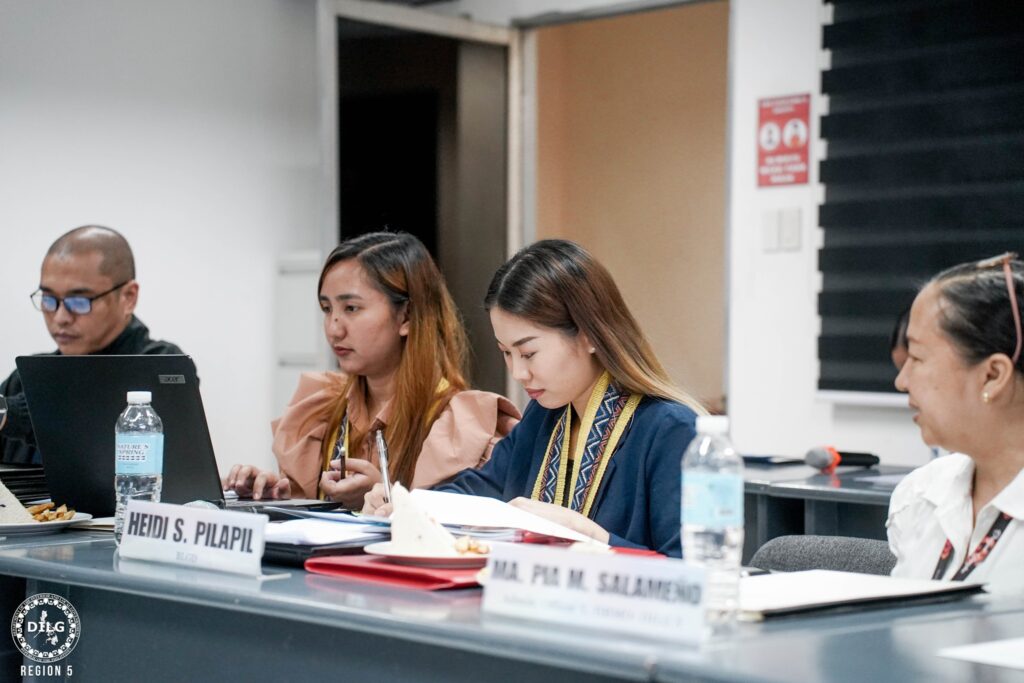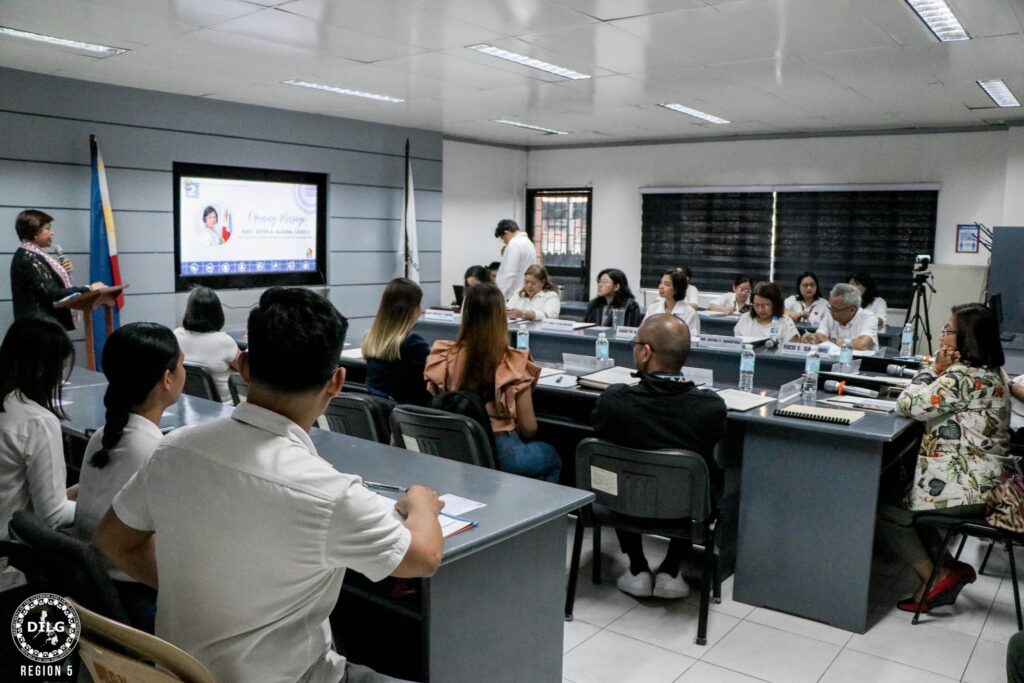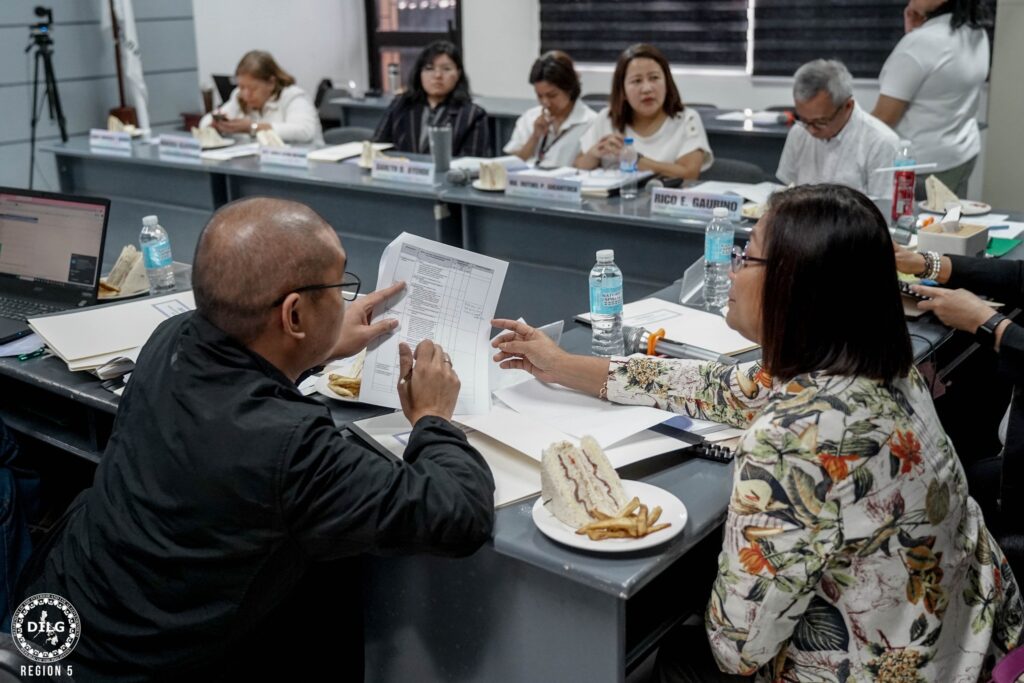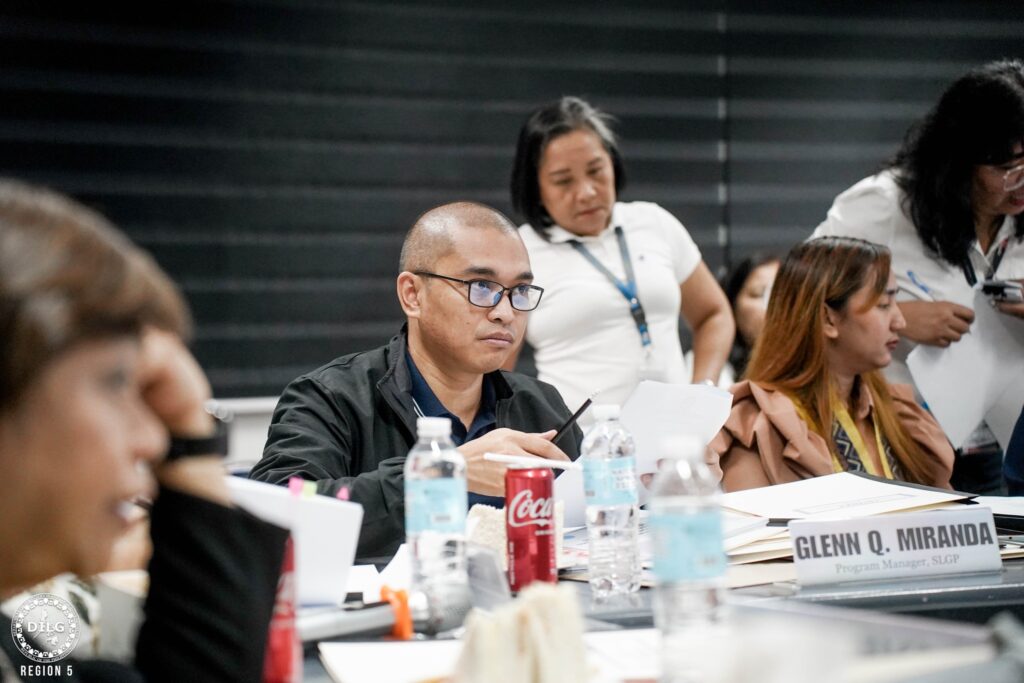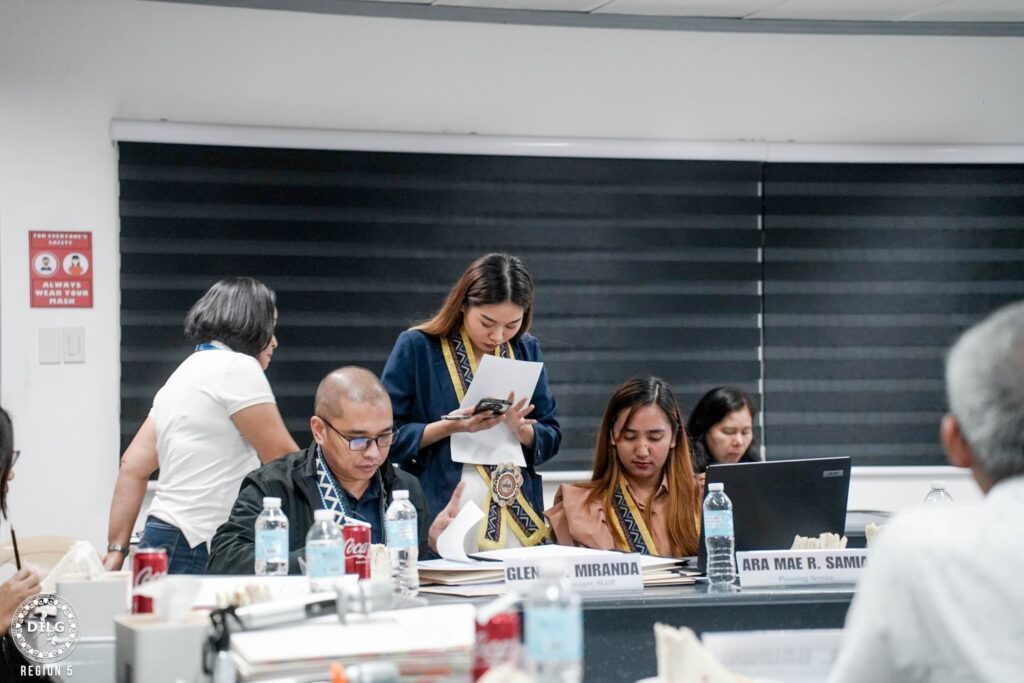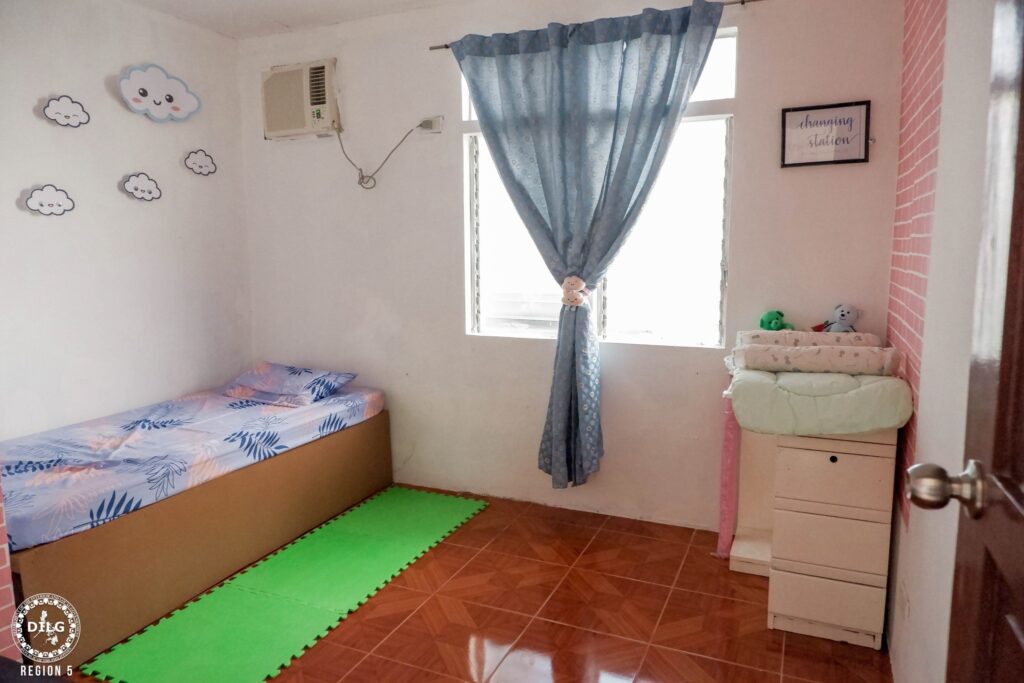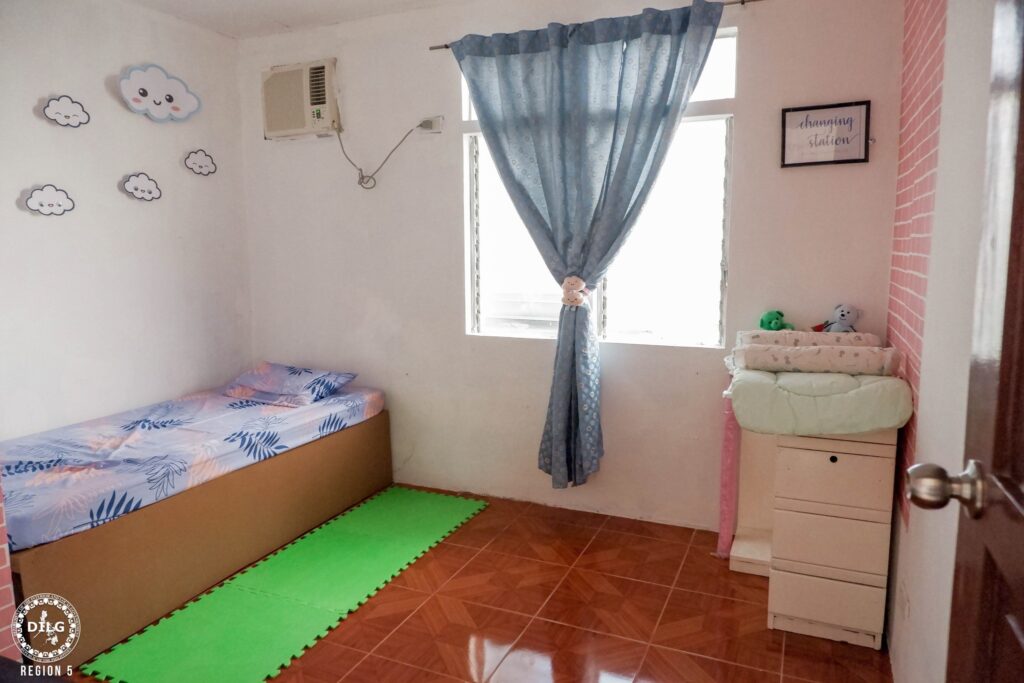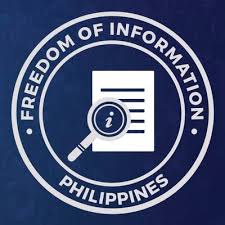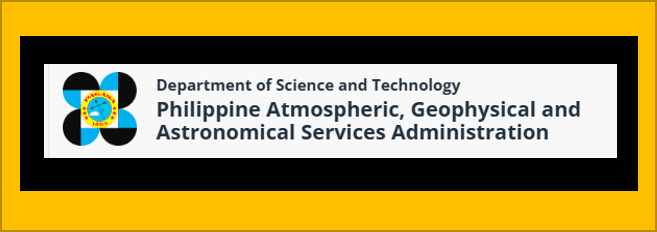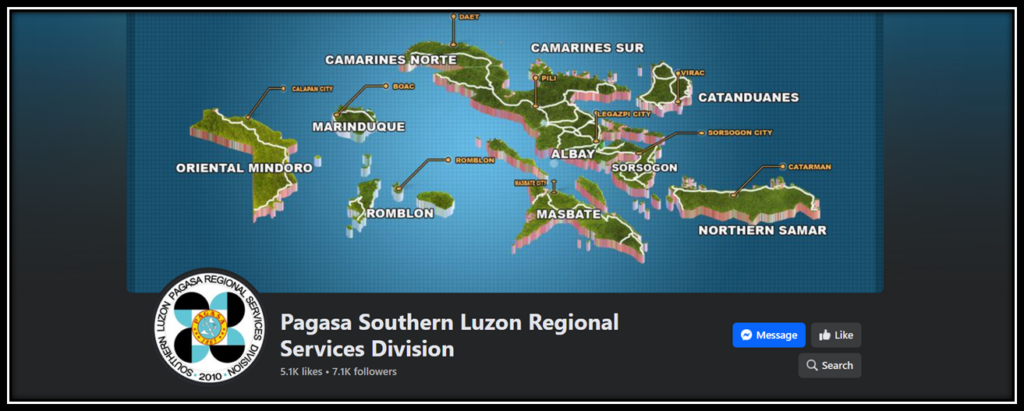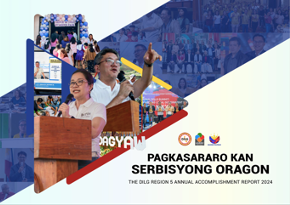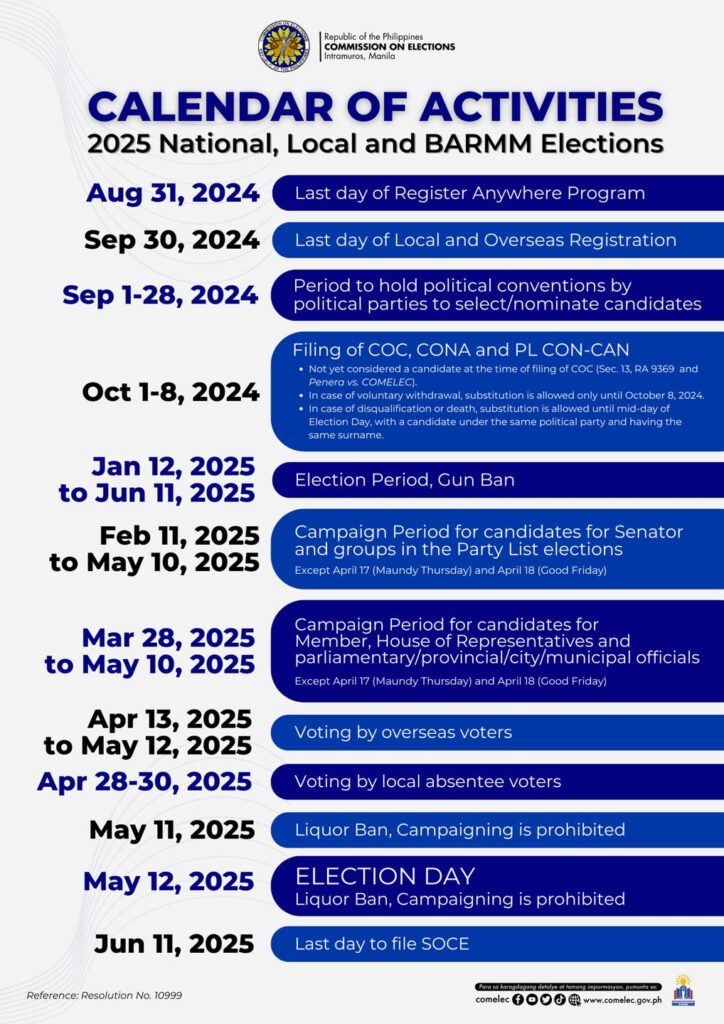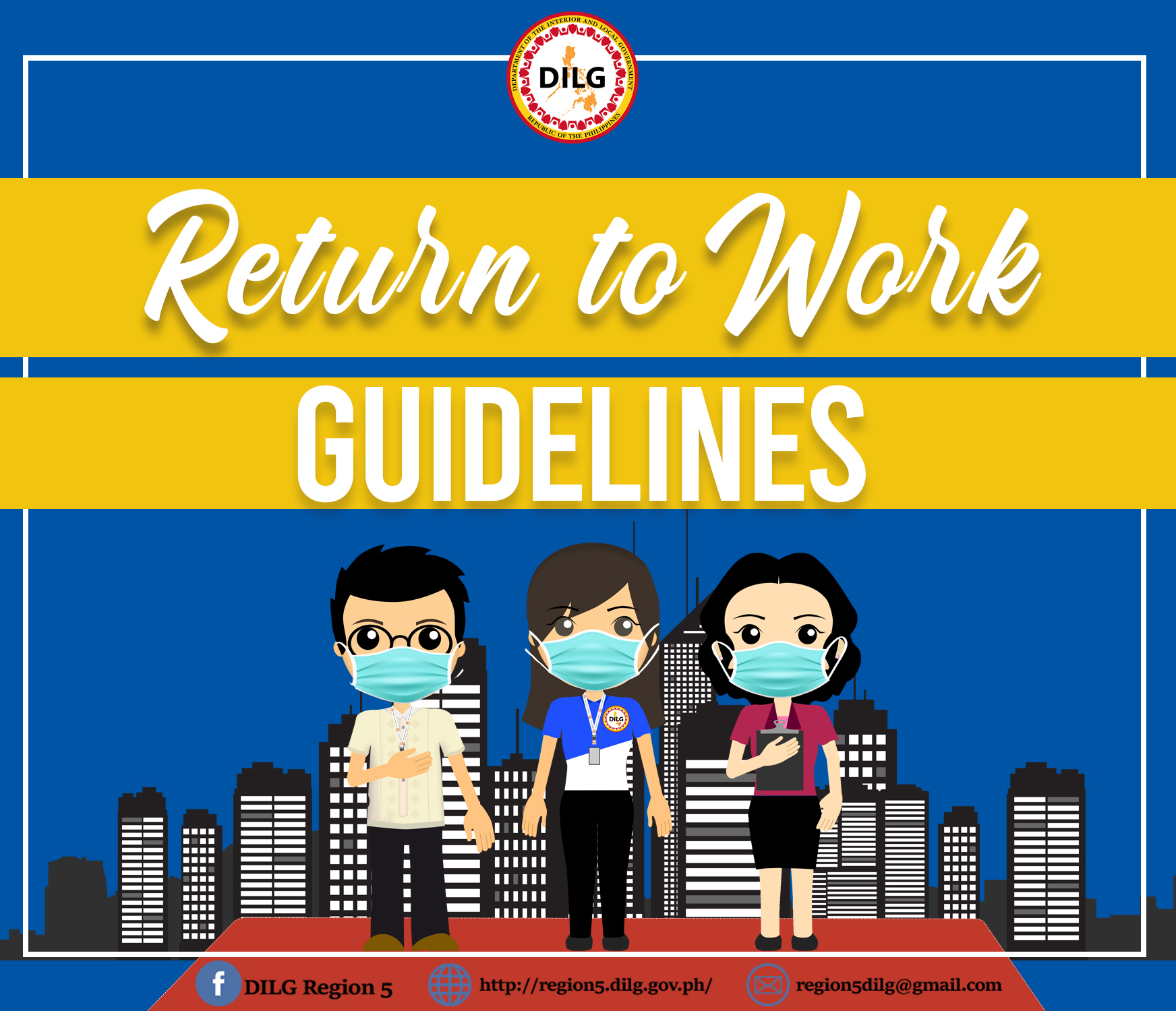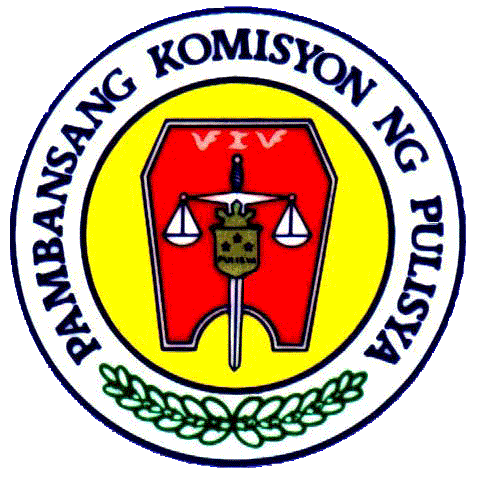* Women, Peace and Security: A study on the Initiatives to Implement United Nations Security Council Resolution 1325
* Harmonized Gender and Development Guidelines Third Edition
* Guide on the Review and Endorsement of LGUs GAD Plan and Budget and Review of LGUs GAD Accomplishement Report
* HGDG Checklists
* Kalagayan at Karapatan ng Kababaihan: CEDAW Primer
* Republic Act 11313: Safe Spaces Act
* Barangay GAD Plan and Budget and GAD Accomplishment Report Template (JMC 2016-01 Annex D-1 and E-1)
Regional Order No. 2023-126 Reconstitution of Committe on Decorum and Investigation (CODI)
Regional Order No. 2023-124 Reconstitution of DILG R5 Grievance Committee
Regional Order No. 2022-232 Creation of DILG R5 Integrtity Management Committee
Regional Order No. 2022-214 Creation of Regional Core Values Program Committee
Regional Order No. 2019-082 Reconstitution of DILG V GAD Focal Point System
Gender and Development Plan and Budget
Empowered Women of DILG R5
RA 9262
Other Agencies
Republic Act 7877
Republic Act 8353
Republic Act 9208
Republic Act 9262
Republic Act 11313
Magna Carta of Women 9710 Special Leave or the Gynecological Leave for Women
CEDAW Primer
No to Violence Against Women (Filipino)
Magna Carta of Women (RA 9710)
Republic Act 9710: The Magna Carta of Women
The Magna Carta of Women (MCW) is a comprehensive women’s human rights law that seeks to eliminate discrimination through the recognition, protection, fulfillment, and promotion of the rights of Filipino women, especially those belonging in the marginalized sectors of the society. It conveys a framework of rights for women based directly on international law.
The Magna Carta of Women establishes the Philippine government’s pledge of commitment to the Convention on the Elimination of All Forms of Discrimination against Women’s (CEDAW) Committee in its 36th Session in 2006 and to the UN Human Rights Council on its first Universal Periodic Review in 2009. It is the local translation of the provisions of the CEDAW, particularly in defining gender discrimination, state obligations, substantive equality, and temporary special measures. It also recognizes human rights guaranteed by the International Covenant on Economic, Social and Cultural Rights (ICESCR).
Salient features of the law include:
- Increasing the number of women in third level positions in government to achieve a fifty-fifty (50-50) gender balance within the next five years while the composition of women in all levels of development planning and program implementation will be at least 40 percent;
- Leave benefits of two (2) months with full pay based on gross monthly compensation for women employees who undergo surgery caused by gynecological disorders, provided that they have rendered continuous aggregate employment service of at least six (6) months for the last twelve (12) months;
- Non-discrimination in employment in the field of military, police and other similar services that include according the same promotional privileges and opportunities as their men counterpart, including pay increases, additional benefits, and awards, based on competency and quality of performance.
- Provision for equal access and elimination of discrimination in education, scholarships, and training. Thus, “expulsion, non-readmission, prohibiting enrollment, and other related discrimination of women students and faculty due to pregnancy out of marriage shall be outlawed.
- Non-discriminatory and non-derogatory portrayal of women in media and film to raise the consciousness of the general public in recognizing the dignity of women and the role and contribution of women in family, community, and the society through the strategic use of mass media;
- Equal status given to men and women on the titling of the land and issuance of stewardship contracts and patents.
In addition to guaranteeing substantive rights, the Magna Carta of Women establishes the responsibility of the government to take actions in order to end discrimination against women. It provides that the Philippines government must “ensure the substantive equality of men and women” and mandates the State to take steps to review, amend or repeal existing laws that are discriminatory towards women.
The Government, in its entirety, shall fulfill these duties through the development and implementation of laws, policies, regulatory instruments, administrative guidelines, and other appropriate measures. It shall also establish mechanisms to promote the coherent and integrated implementation of the Magna Carta of Women and other related laws and policies to effectively stop discrimination against Filipino women.
The Magna Carta of Women mandates all government offices, including government-owned and controlled corporations and local government units to adopt gender mainstreaming as a strategy for implementing the law and attaining its objectives. It also mandates (a) planning, budgeting, monitoring and evaluation for gender and development, (b) the creation and/or strengthening of gender and development focal points, and (c) the generation and maintenance of gender statistics and sex-disaggregated databases to aid in planning, programming and policy formulation.
GAD FOCAL POINT SYSTEM
Roles and Responsibilities:
- Lead in mainstreaming gender perspective in agency/department policies, plans and programs. In the process, they shall ensure the assessment of the gender-responsiveness of systems, structures, policies, programs, processes, and procedures of the agency based on the priority needs and concerns of constituencies and employees and the formulation of recommendations including their implementation;
- Assist in the formulation of new policies such as the GAD Code in advancing women’s status, such as in the case of LGUs;
- Lead in setting up appropriate systems and mechanisms to ensure the generation, processing, review and updating of sex-disaggregated data or GAD database to serve as basis in performance-based gender responsive planning;
- Coordinate efforts of different divisions, offices, units of the agency and advocate for the integration of GAD perspectives in all their systems and processes;
- Spearhead the preparation of the agency annual performance-based GAD Plans, Programs and Budget in response to gender issues of their constituencies and clients and in the context of their agency mandate, and consolidate the same following the format and procedure prescribed by the PCW, DBM and NEDA in the Joint Circular 2012-1. The GFPS shall likewise be responsible for submitting the consolidated GAD Plans and Budgets of the department/agency, and as needed, in responding to PCW’s comments or requests for additional information.
- Lead in monitoring the effective implementation of GAD-related policies and the annual GAD Plans, Programs and Budget;
- Lead the preparation and consolidation of the annual agency GAD Accomplishment Report and other GAD Reports that maybe required under the MCW;
- Strengthen the external link with other agencies or organizations working on women’s rights and gender and development to harmonize and synchronize GAD efforts at various levels of governance;
- Promote and actively pursue the participation of women and gender advocates, other civil society groups and private organizations in the various stages of the development planning cycle, giving special attention to the marginalized sectors; and
- Ensure that all personnel of the agency including the finance officers (e.g. accountant, budget officer, auditors) are capacitated on GAD. Along this line, the GFPS will recommend and plan an appropriate capacity development program on gender and development for its employees as part of and implemented under its regular human resource development program.
The GFPS Chairperson or Head of Agency
- Issue policies or other directives that support GAD mainstreaming in the policies, plans, programs, projects and activities, budget, systems and procedures of the agency including the creation, strengthening, modification or reconstitution of the GFPS; and
- Approve the GAD Plan, Program and Budget of the agency as duly endorsed by the Executive Committee, with the assistance of the Technical Working Group, and ensure its implementation.
The Executive Committee:
- Provide direction and give policy advice to the Agency Head to support and strengthen the GFPS and agency’s GAD mainstreaming activities;
- Direct the identification of GAD strategies, programs, activities and projects based on the results of the gender audit, gender analysis and according to the identified priorities of the agency in response to the gender issues faced by its clients and employees;
- Ensure the timely submission of the agency GAD Plan and Budget, Accomplishment Report and other GAD-related reports to the PCW and to DBM;
- Ensure the effective and efficient implementation of the agency GAD programs,
activities and projects and the judicious utilization of the GAD Budget; - Build and strengthen the partnership of the agency with PCW, GAD experts, advocates, women’s groups and other stakeholders in pursuit of gender mainstreaming;
- Recommend approval of agency GAD Plans and Budgets and GAD ARs; and
- Recommend awards or recognition to outstanding institutional GAD programs, activities and projects and /or GAD FP members.
The Technical Working Group (TWG) shall:
- Facilitate the implementation of the gender mainstreaming efforts of the agency through the GAD planning and budgeting process;
- Formulate agency GAD Plans, Programs and Budget in response to the gender gaps and issues faced by their clients and constituencies, women and men employees, following the conduct of a gender audit, gender analysis, and/or review of sex disaggregated data;
- Assist in the capacity development of and provide technical assistance to the agency, and as needed, to officers in the other offices or units. In this regard, the TWG shall work with the human resource development office on the development and implementation of an appropriate capacity development program on gender equality and women’s empowerment for its employees, and as requested or deemed necessary, for other offices under the Department or Agency, as the case may be;
- Coordinate with the various units of the agency including its regional and attached agencies and ensure their meaningful participation in GAD strategic and annual planning exercises. The TWG of the GFPS of the central agency shall coordinate with the GFPS of its attached agencies, bureaus and regional offices especially on the preparation, consolidation and submission of GAD Plans and Budgets;
- Lead the conduct of advocacy activities and the development of IEC materials to ensure critical support of agency officials, staff and relevant stakeholders to the activities of the GAD Focal Point System and GAD mainstreaming activities;
- Monitor the implementation of GAD-related programs, activities and projects in their respective offices and suggest corrective measures to improve implementation of GAD PAPs and GFPS activities;
- Prepare and consolidate agency GAD accomplishment reports; and
- Provide regular updates and recommendations to the head of agency or ExeCom on the activities of the GFPS and the progress of agency GAD mainstreaming activities based on the feedback and reports of the various units of the agency.
The GFPS-TWG Secretariat:
- Assist in the preparation of administrative requirements such as but not limited to:
a. Activity Proposal/Design
b. Regional Order
c. Notice of Meetings
d. Minutes of Meeting
e. Terminal Reports
f. Documentations
g. GAD Plan and Budget and GAD Accomplishment Report
h. Other Administrative requirements - Assist in the implementation of GAD GFPS activities.


